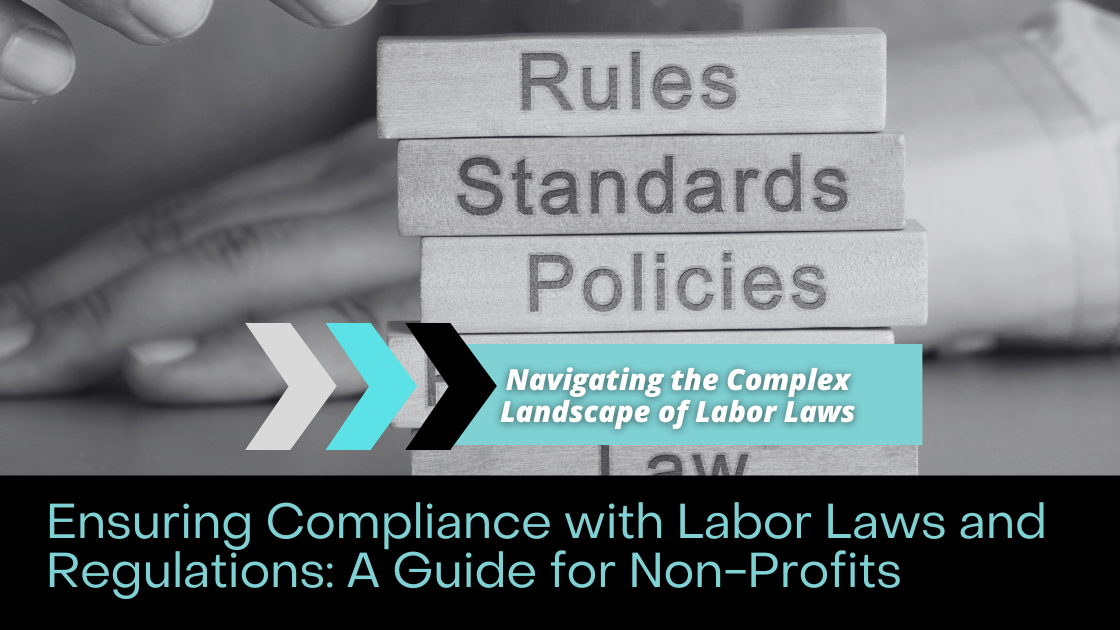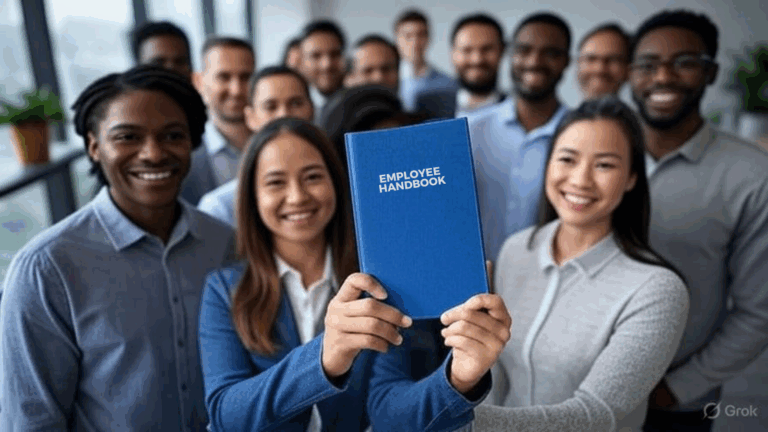Navigating the Complex Landscape of Labor Laws
As a non-profit organization, your mission is to make a positive impact on your community. However, it’s essential to remember that compliance with labor laws and regulations is just as important. Failure to adhere to these laws can lead to costly penalties, legal issues, and damage to your organization’s reputation.
Understanding Key Labor Laws
Here are some of the most critical labor laws that non-profits need to be aware of:
- Fair Labor Standards Act (FLSA): This law sets minimum wage, overtime pay, and child labor standards.
- Equal Pay Act: This law prohibits discrimination in pay based on sex.
- Family and Medical Leave Act (FMLA): This law provides eligible employees with up to 12 weeks of unpaid leave for certain family and medical reasons.
- Americans with Disabilities Act (ADA): This law prohibits discrimination against individuals with disabilities in all aspects of employment.
Best Practices for Compliance
To ensure compliance with labor laws, consider the following best practices:
- Stay Informed: Stay updated on the latest labor laws and regulations by subscribing to relevant newsletters, attending industry conferences, or consulting with a labor attorney.
- Develop Clear Policies: Create comprehensive employee handbooks that outline your organization’s policies on minimum wage, overtime, leave, and other labor matters.
- Train Your Managers: Provide managers with training on labor laws and regulations to help them understand their responsibilities and make informed decisions.
- Conduct Regular Audits: Periodically review your organization’s employment practices to ensure compliance with labor laws.
- Partner with a HR Specialist: Consider partnering with a human resource specialist, like The Atrium LLC, to provide guidance and support on labor law compliance.
The Role of a HR Partner
A dedicated HR partner can be invaluable in helping your non-profit navigate the complex landscape of labor laws. They can:
- Provide Expert Advice: Offer guidance on specific labor law questions and concerns.
- Conduct Audits: Assess your organization’s compliance with labor laws and identify areas for improvement.
- Develop Policies: Help you create comprehensive employee handbooks and policies.
- Manage HR Functions: Handle tasks such as payroll, benefits administration, and employee relations.
By partnering with a trusted HR firm, you can ensure that your non-profit is in compliance with labor laws and regulations, allowing you to focus on your mission without the burden of legal concerns.
Would you like to learn more about how The Atrium LLC can help your non-profit with labor law compliance? We are both happy and eager to help.




